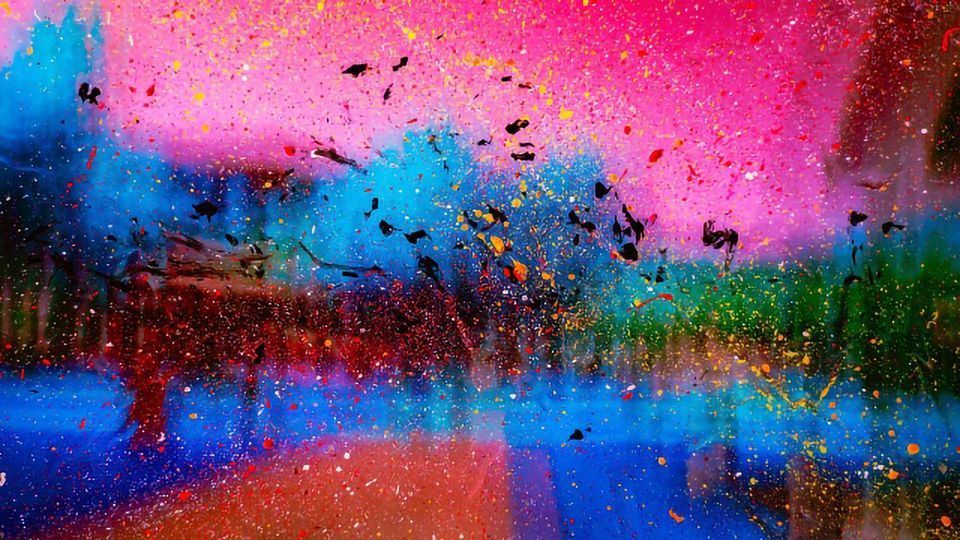People Without a "Mind's Eye" May Have Weaker Brain Connections

Complete the form below to unlock access to ALL audio articles.
New research has revealed that people with the ability to visualise vividly have a stronger connection between their visual network and the regions of the brain linked to decision-making. The study also sheds light on memory and personality differences between those with strong visual imagery and those who cannot hold a picture in their mind's eye.
The research, from the University of Exeter, published in Cerebral Cortex Communications, casts new light on why an estimated one-three per cent of the population lack the ability to visualise. This phenomenon was named "aphantasia" by the University of Exeter's Professor Adam Zeman in 2015 Professor Zeman called those with highly developed visual imagery skills "hyperphantasics".
Funded by the Arts and Humanities Research Council, the study is the first systematic neuropsychological and brain imaging study of people with aphantasia and hypephantasia. The team conducted fMRI scans on 24 people with aphantasia, 25 with hyperphantasia and a control group of 20 people with mid-range imagery vividness. They combined the imaging data with detailed cognitive and personality tests.
The scans revealed that people with hyperphantasia have a stronger connection between the visual network which processes what we see, and which becomes active during visual imagery, and the prefrontal cortices, invovled in decision-making and attention. These stronger connections were apparent in scans performed during rest, while participants were relaxing - and possibly mind-wandering.
Despite equivalent scores on standard memory tests, Professor Zeman and the team found that people with hyperphantasia produce richer descriptions of imagined scenarios than controls, who in turn outperformed aphantasics. This also applied to autobiographical memory, or the ability to remember events that have taken place in the person's life. Aphantasics also had lower ability to recognise faces.
Personality tests revealed that aphantasics tended to be more introvert and hyperphantasics more open.
Professor Zeman said: "Our research indicates for the first time that a weaker connection between the parts of the brain responsible for vision and frontal regions involved in decision-making and attention leads to aphantasia. However, this shouldn't be viewed as a disadvantage - it's a different way of experiencing the world. Many aphantasics are extremely high-achieving, and we're now keen to explore whether the personality and memory differences we observed indicate contrasting ways of processing information, linked to visual imagery ability."
Reference:
Milton F, Fulford J, Dance C, et al. Behavioral and Neural Signatures of Visual Imagery Vividness Extremes: Aphantasia versus Hyperphantasia. Cerebral Cortex Communications. 2021;2(2). doi:10.1093/texcom/tgab035
This article has been republished from the following materials. Note: material may have been edited for length and content. For further information, please contact the cited source.



